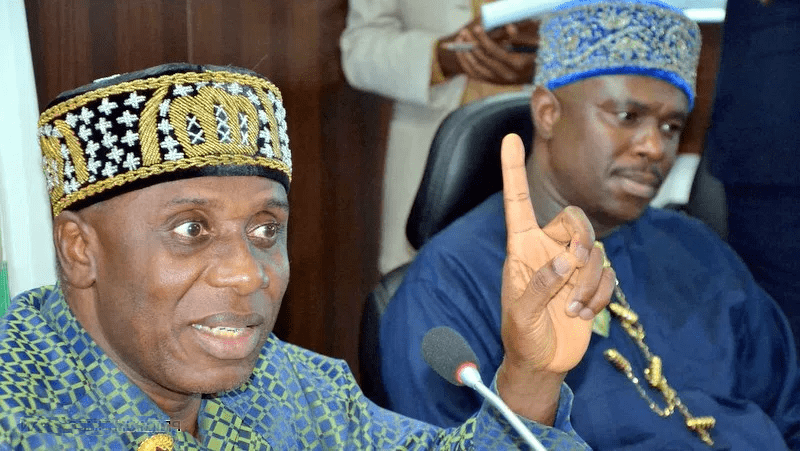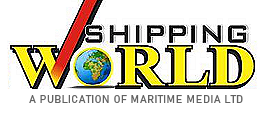

For the third consecutive time, Nigeria yesterday lost its bid to get re-elected into category ‘C’ of the International Maritime Organisation (IMO) which took place in London, scoring a miserable 98 points in an election that saw five African countries of Morocco, Egypt, South Africa, Kenya and Liberia joining the group. The category C is the executive organ of the IMO that takes decisions in the absence of the Assembly and coordinates all activities of the Organs of the organisation. It has 20 member countries with special interest in maritime transport or navigation.
Nigeria’s 36-man delegation was led by the Minister of Transportation, Chibuike Rotimi Amaechi, the Director-General of the Nigerian Maritime Administration and Safety Agency (NIMASA), directors and top ministry officials. It will be recalled that Nigeria lost the seat in 2011 and has tried to make a come-back without success. It would appear that, although the maritime administration in the country has made considerable efforts at prepositioning the sector, it has still not lived up to global expectations. True, the country has made efforts at curbing piracy through contracting safety of the maritime domain to a private security outfit. It set up the Maritime Guard Command working with the Nigerian Navy to tackle sea robbery and maritime crimes, yet, a lot still needs to be done.
Nigeria has also domesticated IMO Conventions on maritime safety and security in West and Central Africa and deploys the Regional Search and Rescue Coordination Centre (RMRCC) located in Lagos. It covers countries such as Togo, Benin, Cameroun, Congo, Democratic Republic of Congo, Gabon, Equitorial Guinea, Sao Tome and Principe. The federal government has recently approved the establishment of Integrated National Surveillance & Waterways Infrastructure Protection, all in a bid to secure the country’s maritime domain. With a coastline of 850km handling 65 per cent of cargoes in the subregion, serving as tranship points for goods moving into Chad and Niger, the country certainly seems positioned as a formidable force in shipping and maritime affairs.
Clearly, what appears to be missing is the political will to translate theory into practice. Under Dr. Dakuku Peterside, NIMASA has seen a lot of drama and showmanship, with the director general junketing from one maritime conference to another, all of which have no direct bearing on the country’s quest to become an important member of the IMO. A cardinal function of NIMASA is the need to grow the country’s tonnage by empowering indigenous operators through the Cabotage Vessel Financing Fund, CVFF, which currently stands at more than N100 billion. The fund has remained undisbursed for years, leaving the operators in a state of flux who have had to work with rickety vessels. Meanwhile, foreign vessel owners with state-of-the-art vessels and proper funding have verily hijacked the sector.
Sadly, NIMASA recently spent a huge sum of five hundred million naira in rebranding the agency, getting a new agency logo ostensibly to make it more market-friendly.
Maritime stakeholders across the country have expressed dismay at the inability of Nigeria to get reelected into the policy making body of the IMO, citing policy somersaults by the federal government. A former director general of NIMASA, Dr. Ferdinand Agu, who spoke with Shipping World on telephone, said that ‘politicians don’t have a clear idea what the maritime sector is all about’. He asked theatrically, ‘How can you contract maritime safety to a private company when the Nigerian Navy is there?’
The estacode spent on 36 members of the IMO team which includes air tickets, accommodation, feeding and entertainment, has cost the tax payers more than two hundred million naira for what evidently has been a jamboree.
At an average of $600 daily as estacode for the 36 man delegation which spent 5 days at the IMO Council meeting and an average £500 for a return ticket for each of the delegates one can only imagine the cost of this ego trip to the Nigerian tax payer

